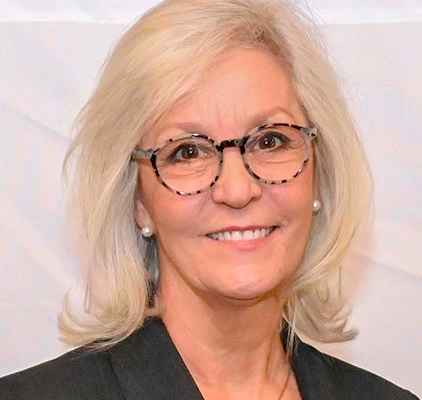As Iowa session moves forward, elder-abuse law still pursued

DES MOINES — A groundswell of senior advocates and law enforcement say Iowa has gone far too long without an elder-abuse law that has real teeth to it. With the legislative session now in its next phase, supporters hope their plan will still get a look.
Last week saw the deadline for the legislative funnel, where bills that aren’t deemed major priorities are weeded out. Those behind the elder-abuse law feel the plan is still alive and are appealing to lawmakers to hear stories behind their movement.
Crystal Doig, elder rights/family caregiver supervisor with Aging Resources of Central Iowa, said there are many heartbreaking examples that mainly center around financial exploitation.
“We have individuals who use their parent’s money to pay child support, paying their own house payments, paying for cars,” said Doig.
This goes on without the elder parent’s knowledge and can be especially problematic when the victim is suffering from dementia. Bill supporters say the existing statute is too narrow, making it harder for authorities and state agencies to investigate.
The measure has no stated opposition from lobbyists, and groups such as AARP hope it survives the next legislative cutoff later in March.
Doig said one of the more recent examples that stands out is an 82-year-old woman who was not aware her adult son put her $80,000 in debt, likely forcing her from her home. She said the trauma that stems from these cases can’t be ignored.
“When there’s financial abuse happening,” said Doig, “then most likely there’s emotional abuse, psychological abuse and quite possibly physical threats and violence.”
She said the fallout usually means these parents will have fractured relationships with their adult children, and possibly won’t see them again.
Meanwhile, AARP staff say the bill has been updated to address any concerns on how adding criminal provisions would impact issues such as charitable giving.
They add that even though Iowa is behind other states in updating the policy, the current plan is more aggressive than other laws around the country.




